During the school year, one of the most stressful times for both seniors and teachers is during college application season. Not only are students focused on completing their college applications, but they also have the added pressure of applying for college scholarships. Teachers often play a crucial role in assisting students throughout this process. Among the most well-known scholarships are the HSF, Nike Scholarship, and the Gates Scholarship. Despite their popularity and the significant amount of money they give out, teachers are not compensated for reading the essays students submit.
The process of becoming a reader varied, each one being a lengthy process. The workload afterward was no different, HSF readers were required to evaluate 25 student applications (2 essays per application), the Gates scholarship required readers to read and evaluate four short essays from 25 students (100 in total), and the Nike scholarship required them to evaluate 25 essays. All of this had to be completed in a month.
Despite the significant financial resources of these scholarship providers, teachers are not compensated for their efforts. Nike, in particular, asks that teachers “give back” to the community by reviewing students’ essays without pay. This has sparked controversy among teachers worldwide, especially considering Nike’s value of $114.51 billion. Many viewed this comment as insensitive because their statement made it seem like teachers are already not giving back to their communities.
Similarly, Bill Gates’s income shows that he makes approximately $10.95 million a day. Due to the billions of dollars the owners of these scholarships hold, some teachers express their indignation at the situation. “I did not [accept reading the essays] because I thought it was insulting. Teachers already do a majority of their job without compensation, so to take on reading essays for free from organizations (Nike, Gates) that make MILLIONS of dollars, is ridiculous,” English teacher Mick Battaglini said. “I’m more than willing to read PIQs or write a letter of recommendation for a student, but what these organizations are asking is extra work. If I do that (read essays) for the SBAC or College Board, I’m compensated, so the same should be true in this situation.”
On average, teachers work 15 uncontracted hours per week, 12 of which are unpaid. This commitment often extends beyond regular classroom duties and includes tasks like grading papers, lesson planning, and providing additional student support. The request for teachers to volunteer their time to review scholarships adds to their workload without compensation. It raises the question of whether educators are truly getting recognition for their contributions.
However, English teacher Michelle Frankel saw the reasoning behind no compensation as a way for these scholarships to function. “These are organizations that help students financially, and they depend on donations. One way someone can donate is by giving their time,” she said. She rejected the offers due to already helping out seniors with scholarships in her free time. “If I didn’t teach seniors, I would consider it.” World History teacher Steven Munoz, while not directly asked to read scholarship essays, reacted similarly. “I would assume this allows for more scholarship money to go to the candidates since these groups are not paying employees,” he said.
In an informal survey responded to by 20 teachers, only 7 were once asked by scholarship companies to read essays without pay. Ethnic Studies teacher Gloria Estrada was one of the 7 who has volunteered to do so. She previously read essays for the Coca-Cola Scholarship, Girls’ State, Rotary Scholarship, and others. Despite reading essays without compensation, Estrada does not side with how companies are asking teachers to do so. “I don’t think it is fair as in any other profession where people have advanced degrees if they work more, they get paid more,” she said. “If teachers do not volunteer to read essays for scholarships, students will not have the opportunity to be awarded scholarships.”
As students get closer to deciding their careers, senior Paulina Vallejo is set on becoming an educator. Due to this, it helps her empathize with why teachers are upset about obtaining no compensation. “As someone who wants to be a teacher, I don’t think it would be fair not to be compensated for the time I would give in working for these wealthy companies,” she said. Other factors would also contribute to this. “With the rise of AI one could be wasting their time grading something that someone didn’t even write,” she said.
Senior Estrella Cruz had a similar reaction to this controversy. “I think it’s not fair because teachers are busy as it is and they have a lot of things to grade and if they don’t get money for it they could be getting school supplies for their class,” Cruz said.
However, other students, like senior Emily Torres, think otherwise. “Since it is volunteer work and thus an optional task, from a student perspective I don’t see a huge problem with it.” Torres was among the many people who applied for the Gates scholarship. “Although, it would be much better if they provided teachers with some sort of incentive,” she said. Senior Denisse Hernandez, who also applied to the Gates scholarship and the HSF, thought similarly to what Torres had to say. “I think that it should come out of the kindness of their hearts,” Hernandez said. “I’m not saying they need to do it because obviously, it’s more work for them, but if they’re willing to help then they shouldn’t expect pay.”
Despite efforts to reach out directly to the companies, responses from these scholarship providers were unavailable. After emailing the Nike Scholarship Fund, I was met with difficulty and statements stating this issue does not involve them at all. As for HSF, I got no reply from any of the vice presidents from HSF. However, online sources revealed a statement from HSF regarding their scholarship program. In the article “The Internet is outraged over a Nike Scholarship asking teachers to grade essays for free,” HSF’s stance was clarified: “Nike has zero to do with the administration. We’re a nonprofit that’s trying to get as much money as possible to kids for college. We’ve had people ask us for ways to volunteer to help, and this is a way that we offer people to volunteer. We understand why people might have misconstrued this request. By no means would we want to take up anybody’s time if they’re not able to volunteer.”
Battaglini feels there was no “misconstruing” of the request. “Whether it was Gates, Nike, or HSF, the request was clear – ‘Apply to be a reader, read 25 applications (two essays per applicant) online, take a certification course, but you will receive no payment.’ You’re asking teachers, rather than your employees (who would be paid to read) because they are trained professionals,” he said. “I get that teachers have a choice to volunteer their time or not, but I don’t think they should be asked by companies that could help offset the costs to pay teacher and do something charitable themselves.”
Opinions surrounding this issue vary, but one thing can be indefinitely agreed upon, while most teachers are willing to give their time to help their students when it comes to writing college essays or essays for scholarships, they would like to be compensated for work that does not directly involve their students, especially with the limited time many may have.
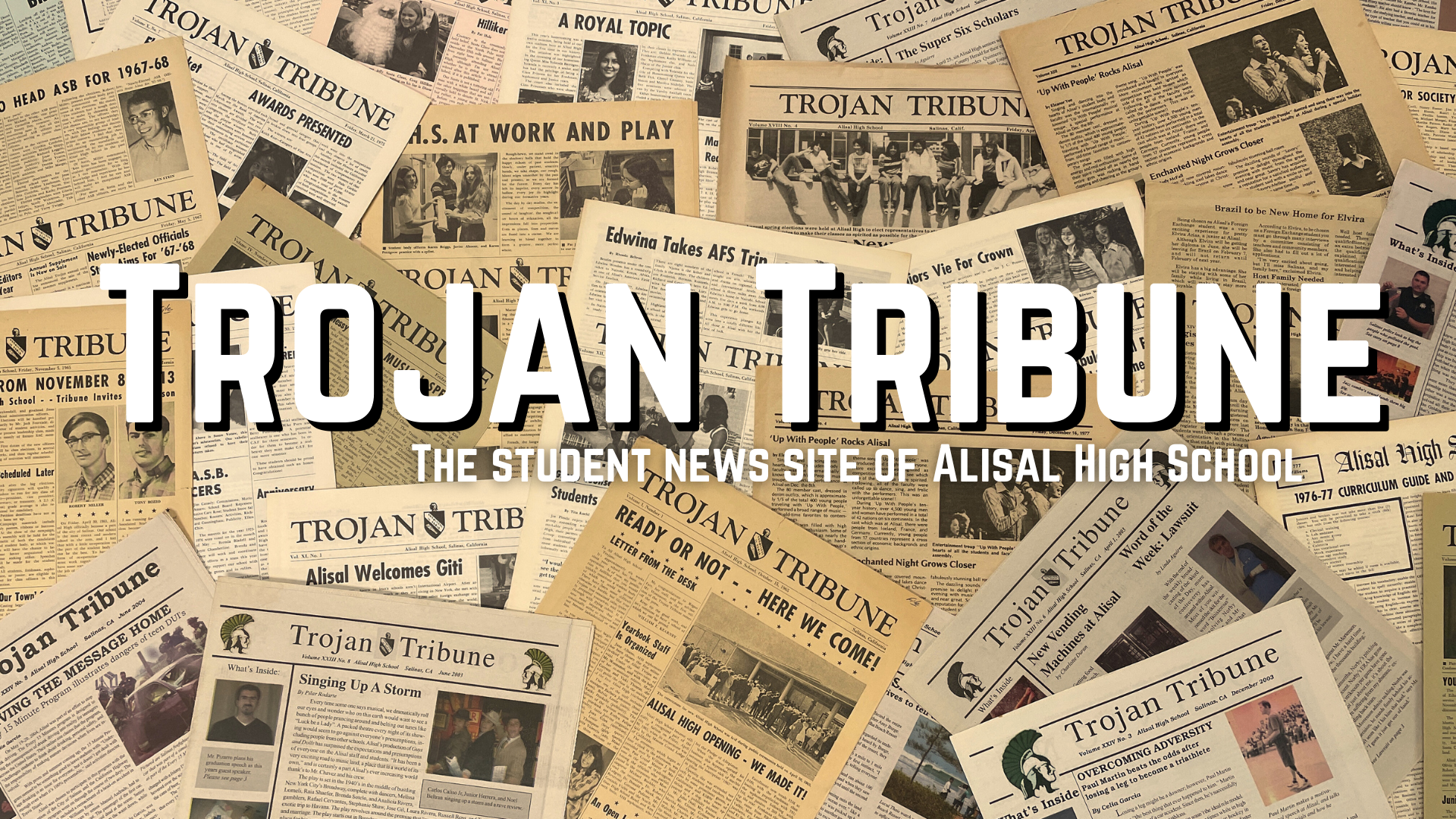
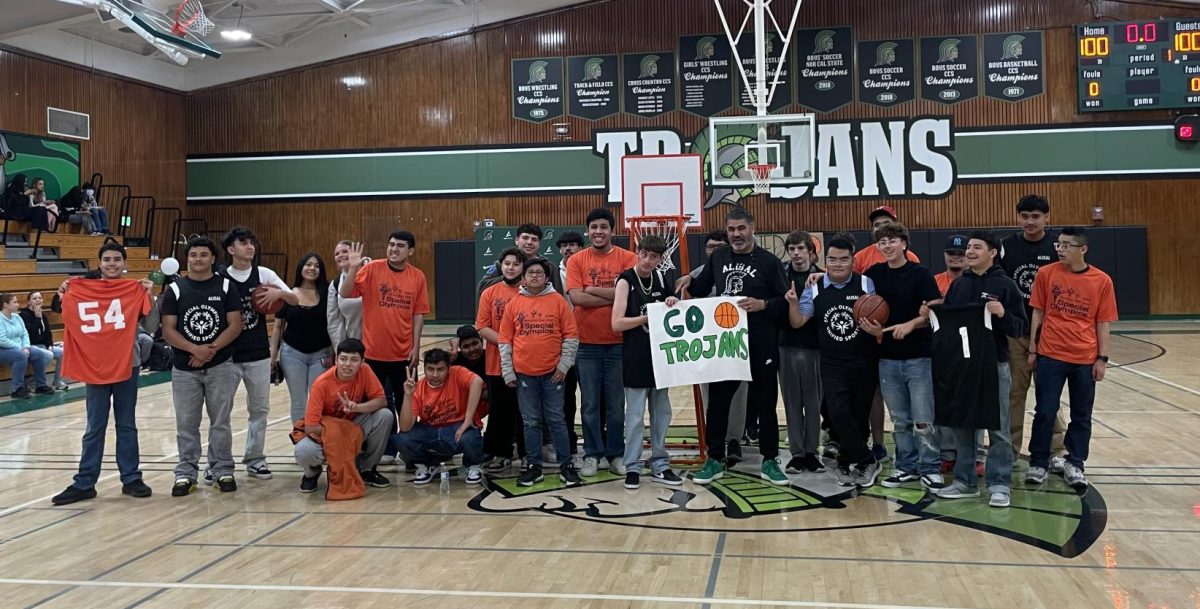
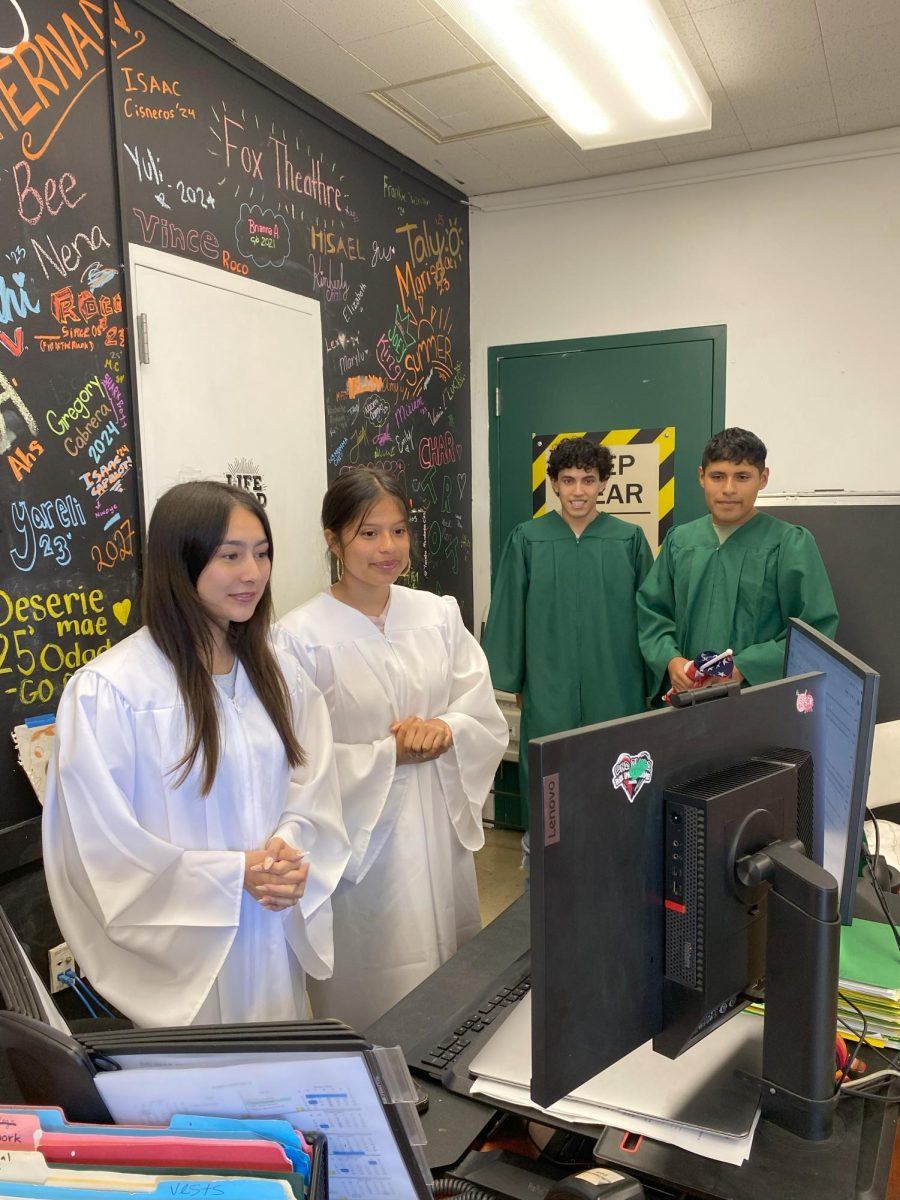

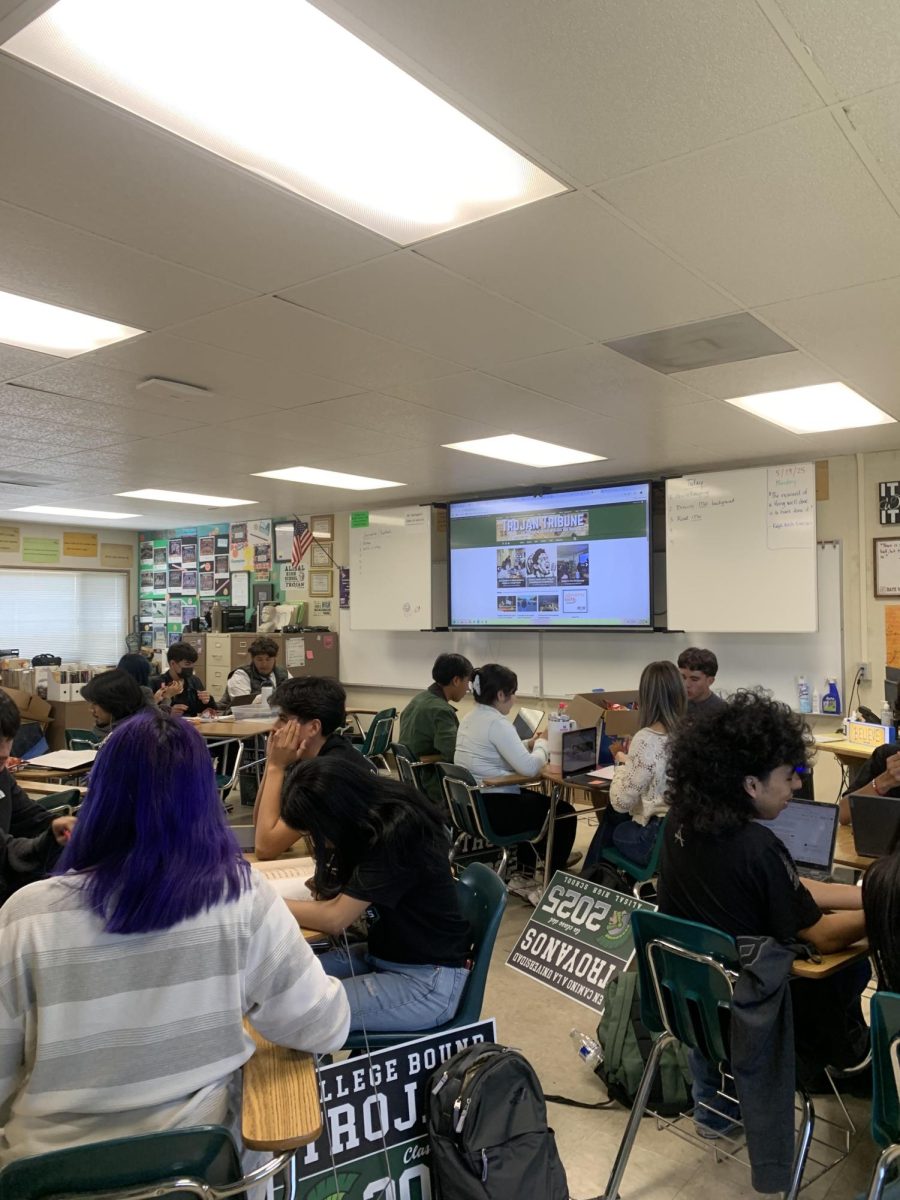



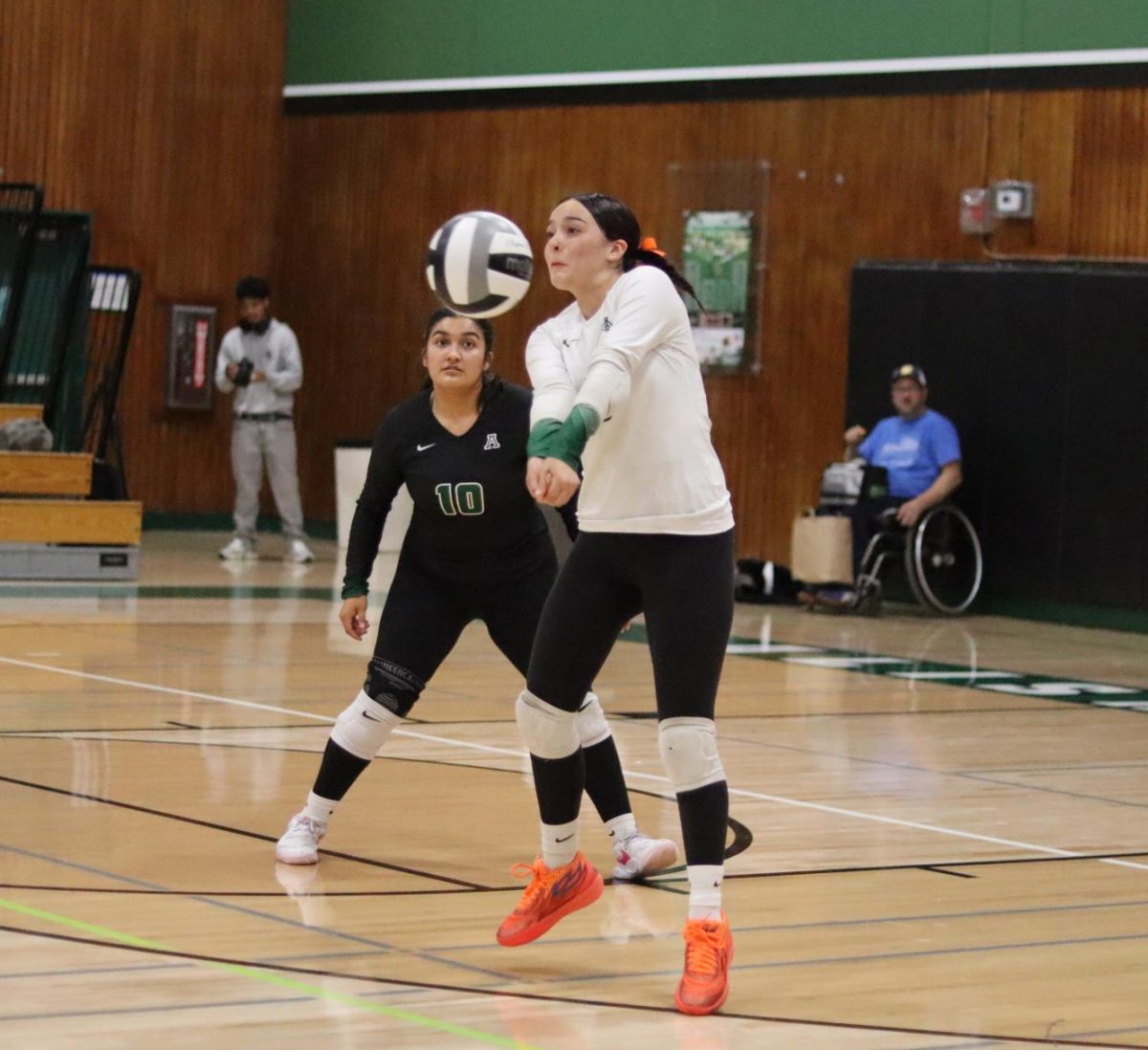








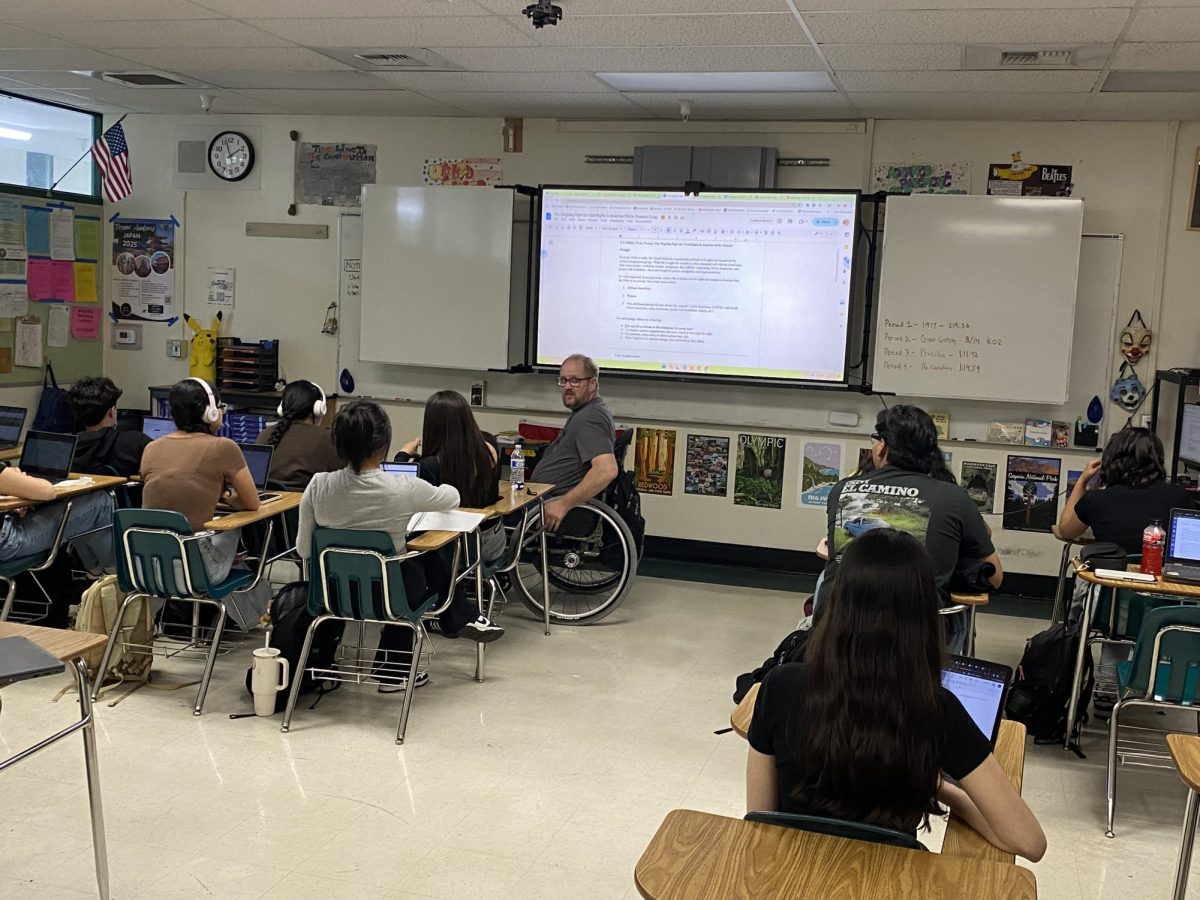
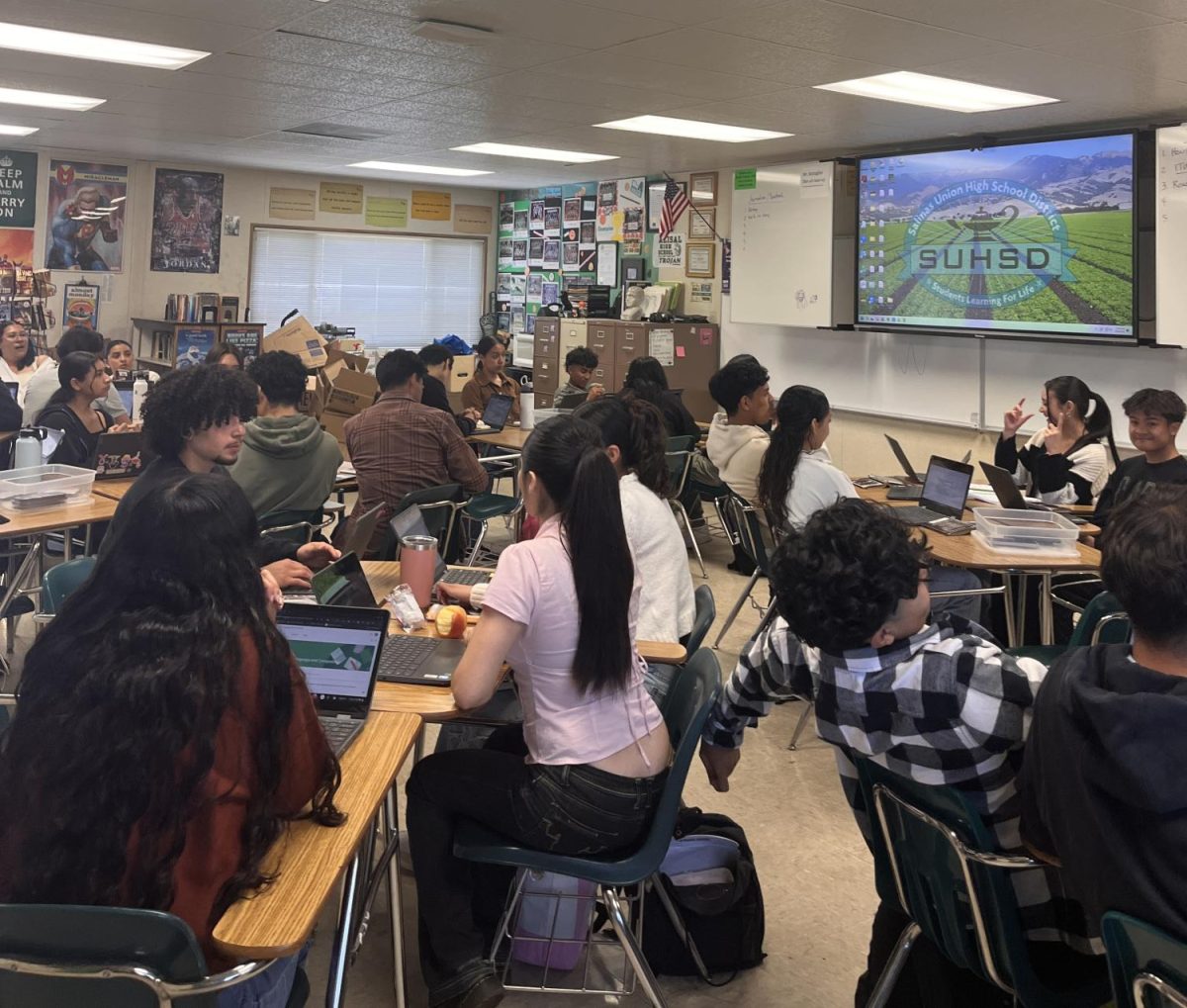



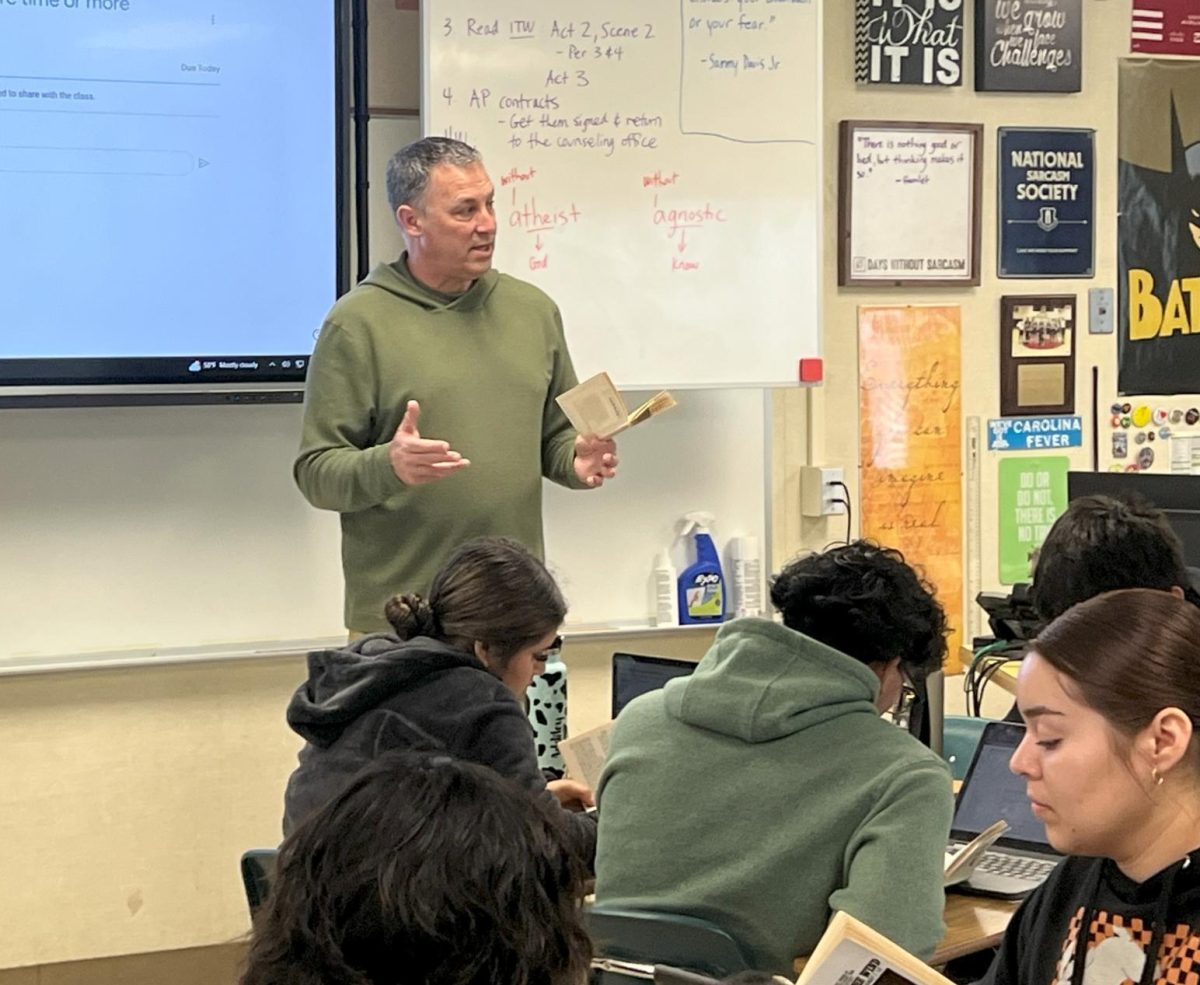
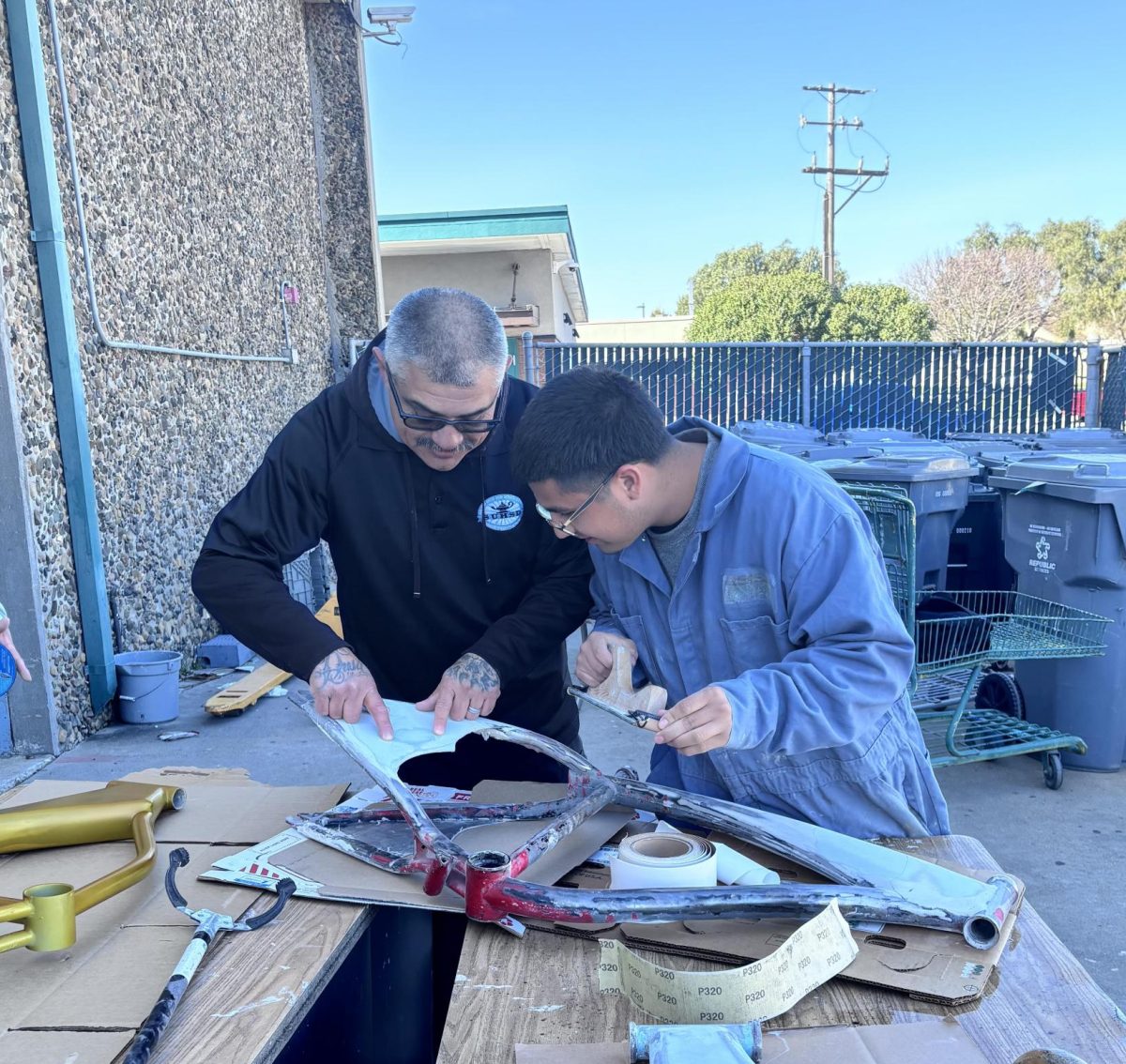


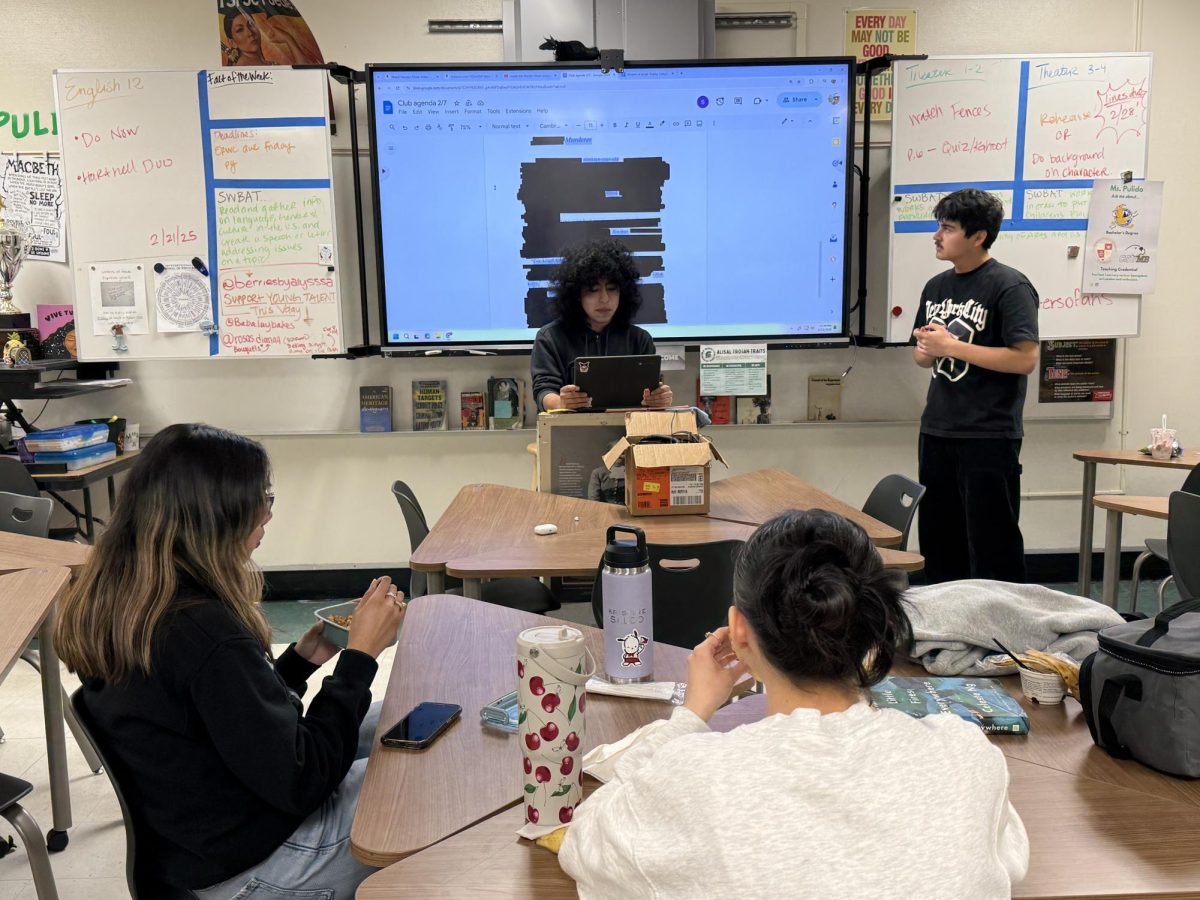
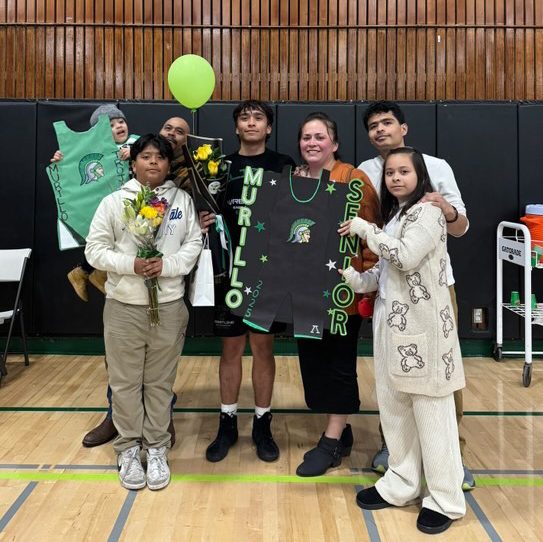
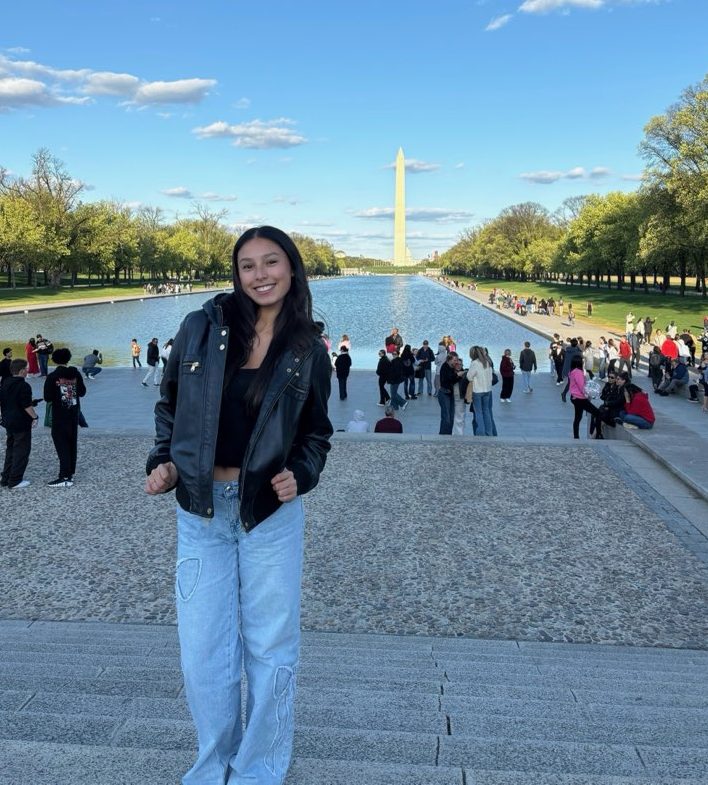
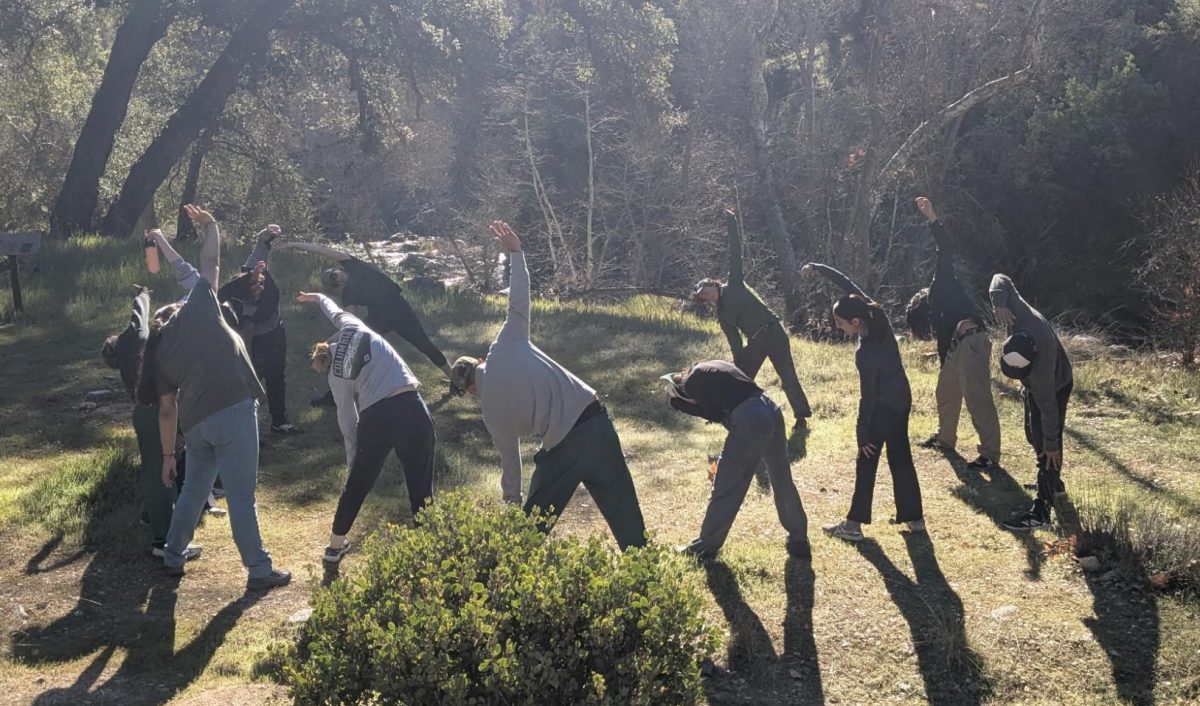
Maritza • May 24, 2024 at 10:31 am
You cooked in this 🔥🔥🔥
Lucy • May 23, 2024 at 10:15 pm
interesting